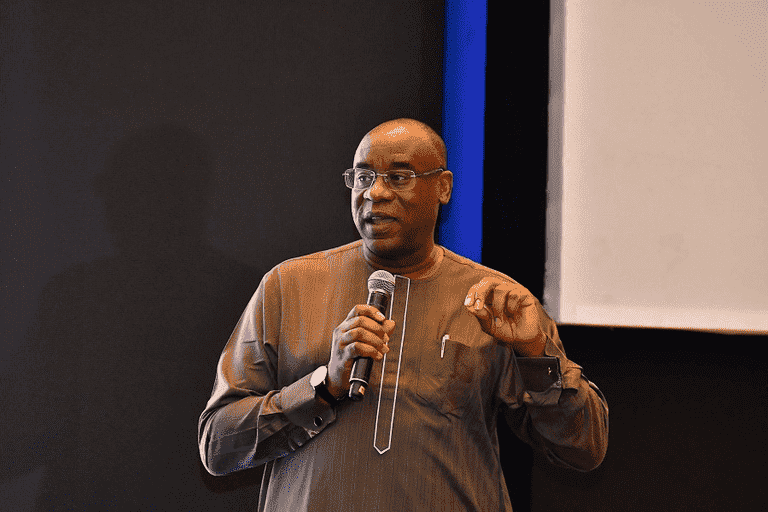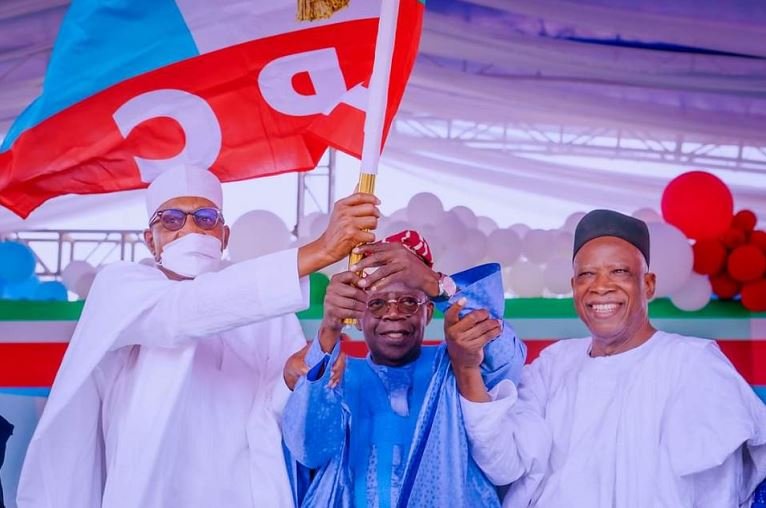Folashodun Shonubi, Acting Governor of the Central Bank of Nigeria (CBN), said on Thursday that the Nigerian Naira is severely undervalued based on economic modelling utilizing purchasing power parity.
This information was revealed at a lecture titled ‘Diaspora Remittances and Nigerian Economic Development’ at the National Institute of Security Studies (NISS) in Abuja.
“If you were to conduct an economic modelling of Nigeria using purchasing power parity, you would discover that the Naira is currently significantly undervalued,” Shonubi, CBN Acting governor said.
He emphasized the importance of taking strict steps to restrict illegal remittances and channel them via appropriate channels in order to maximize economic growth.
Shonubi also announced the formation of a commission to perform surprise visits to banks accused of unlawfully selling dollars.
“We need to name and shame commercial banks that are involved in such malpractices,” Acting governor stated.
The acting governor also emphasized the shortcomings of the present remittance system, in which the cost of transferring money to Sub-Saharan Africa from the diaspora is around 8–9% of every $100, the highest in the world.
Interestingly, he continued, Nigeria received around $16.7 billion in remittances, with the vast majority of this money remaining outside of the legal market.
“We are working hard to encourage individuals to bring money into the formal sector rather than relying on informal channels, which have become difficult to manage,” Shonubi added.
Despite efforts to induce individuals to engage in formal market transactions by granting a N5 refund, this technique has proven ineffective in the open market system, prompting the N5 rebate to be discontinued.
Shonubi, on the other hand, acknowledged the usefulness of incentives in attracting people to the formal market.
Furthermore, Shonubi stated, “We will rename the foreign exchange market, known as the I & E market, to the Nigerian Foreign Exchange Market, as it is the sole market we acknowledge.”
Ayodele Adeleke, Commandant of the National Institute of Security Studies, emphasized the relevance of the lecture series in extending the country’s awareness of security concerns.
He stated that the series was one of the tactics imbedded in the mode of the ten-month Course to promote and give a focal point for the programme.
“As economies have become more interconnected,” Adeleke continued, “diaspora communities have played pivotal roles in developing the economies of their own countries, thereby contributing to their economic growth.”











